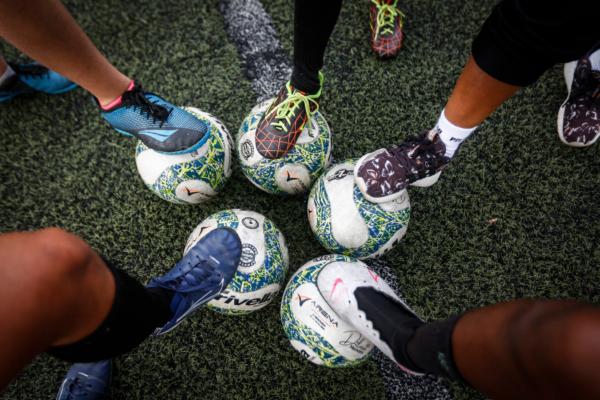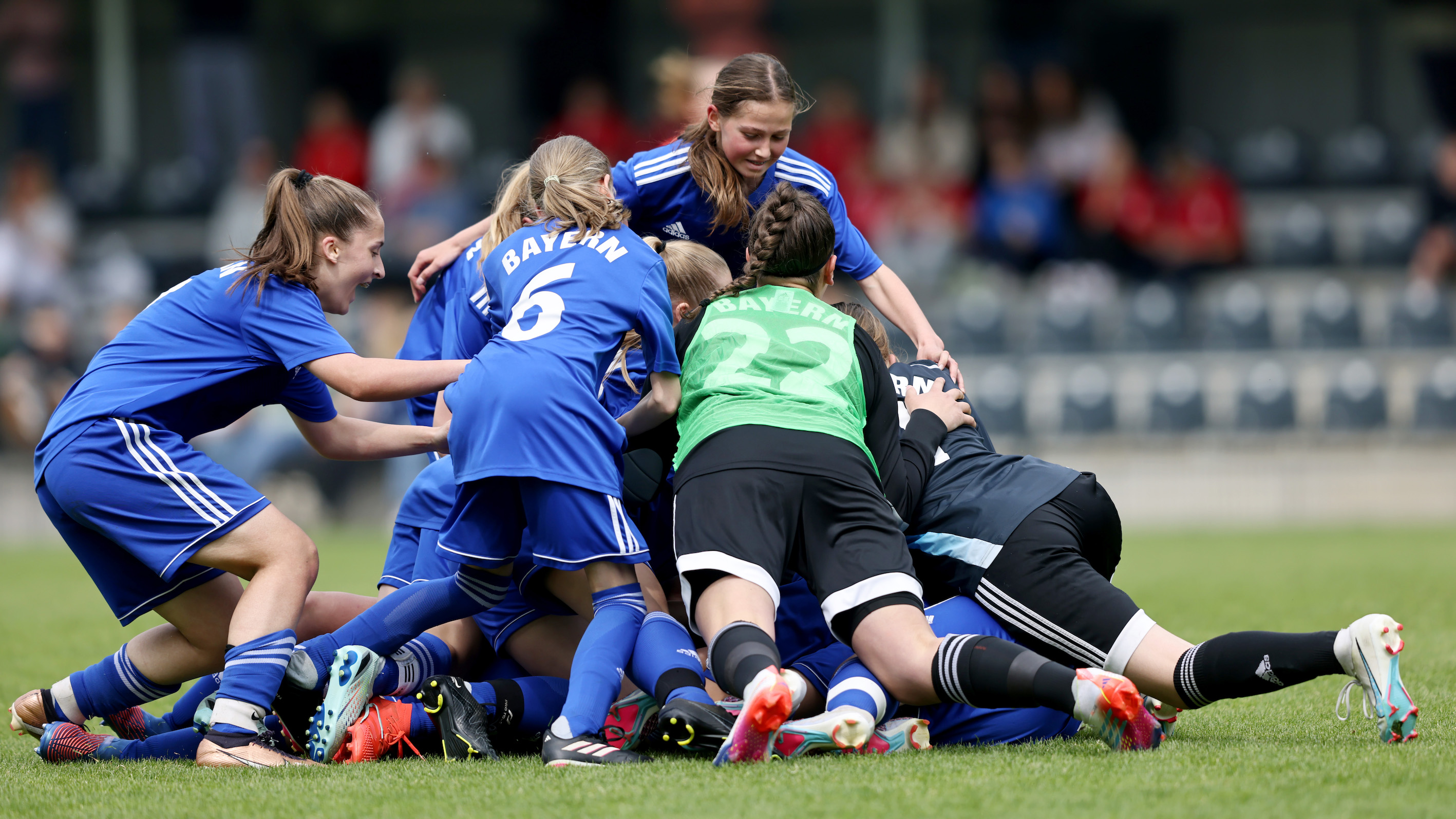A federal judge on Thursday temporarily blocked Arizona from enforcing a law banning transgender individuals from playing on girls’ school sports teams.
The judge in Tucson granted a preliminary injunction to allow the processing of a lawsuit (pdf) filed on behalf of two transgender prepubescents against the state’s “Save Women’s Sports Act,” which was passed by the legislature last year.
Superintendent of Public Instruction Tom Horne, a defendant in the case, said the decision will be appealed.
“The United States Supreme Court will ultimately decide this, and they will rule in our favor,” Mr. Horne said in a statement.
Arizona is one of several states that have passed laws to preserve the rule that student access to school sports teams or other facilities are based on their sex at birth rather than their chosen gender identity.
Two transgender prepubescents are represented in the suit, including a 15-year-old who wants to play on the school girls’ volleyball team and another who is 11 years old and wants to compete in the girls’ competitions for soccer, basketball, and cross-country.
According to the lawsuit, playing on the school boys’ teams are not an acceptable option for either of the transgender-identifying youth.
“It would be painful and humiliating for (the plaintiff) to be forced to play on boys’ teams,” the lawsuit states, adding that it would contradict medical treatment that the minors have been receiving.
Parents of the transgender individuals say they are pleased with the court’s decision.
“We are relieved that the judge saw past the misconceptions and harmful rhetoric used to demonize transgender girls. Our daughter is looking forward to making new friends and playing the sports that she loves,” Jane Doe’s parents said in a statement from the National Center for Lesbian Rights, which is helping to represent the family.
Arizona officials who sponsored the law said the law is fair and passes federal regulations by protecting boys and girls.
“Title IX was aimed at giving girls equal opportunities for playing sports. When a biological boy plays in a girls’ sport, it disadvantages the girls,” Horne told The Associated Press when the lawsuit was filed in April. “There have been many news stories about girls who worked hard to excel at their sports, found they could not when they had to compete against biological boys and were devastated by that.”

Riley Gaines Barker, a former University of Kentucky swimmer who tied for fifth place against transgender swimmer Lia Thomas at the NCAA Championships in March, speaks at the “Our Bodies, Our Sports” rally at Freedom Plaza in Washington on June 23, 2022. (Terri Wu/The Epoch Times)
The families claim that the ban violates the Equal Protection Clause in the U.S. Constitution, Title IX, and the Americans with Disabilities and the Rehabilitation Acts.
“This law bans transgender girls from competing with other girls in every sport, at every grade level, and regardless of each girl’s individual circumstances,” Rachel Berg, staff attorney for the National Center for Lesbian Rights, said in a press release in April. “It cannot survive constitutional scrutiny and endangers transgender children.”
Both transgender individuals underwent medical treatment for their gender dysphoria, and have been recommended by their medical professionals to adopt the identity of a girl in all aspects of their lives.

Female players pose for a picture with their feet on balls during a training session led by women's football coach Dilma Mendes, 59, at the Arena 2 de Julho Football School located in the city of Camacari, Bahia state, Brazil, on July 5, 2023. (Rafael Martins/AFP)
“For many children, playing sports is an important part of their school experience,” the complaint said. “Plaintiffs want nothing more than an equal opportunity to enjoy that same experience: to try out for and participate on the girls’ volleyball, soccer, basketball, and cross-country teams at their schools. Arizona law, however, denies Plaintiffs that opportunity because Plaintiffs are transgender girls.”
Will Never ‘Experience Male Puberty’
In issuing the preliminary injunction, Judge Jennifer G. Zipps said the evidence presented by the defendants’ expert “is not relevant because the Plaintiffs have not and never will experience male puberty.”
She said there is no evidence to suggest that biological boys who have been prescribed puberty blockers for gender dysphoria and “have not undergone male puberty” would have an athletic advantage or prove a safety risk to other players if they play on girls’ teams.
“[S]ummarizing evidence makes it highly likely that the sex difference in circulating testosterone of adults explains most, if not all, of the sex differences in sporting performance,” the judge wrote in the injunction.
The judge also said that the evidence submitted “that girls have more body fat than boys at birth” was “not relevant to the question before the Court,” which was specific to pre-pubescent males.
Judge Zipps added that the children will “suffer severe and irreparable mental, physical, and emotional harm if the Act applies to them because they cannot play on boys’ sports teams,” which would be “painful and humiliating.”
“There is a consensus among medical organizations that gender identity is innate and cannot be changed through psychological or medical treatments,” the ruling said, citing Dr. Stephanie Budge who is the founder of University of Wisconsin-Madison’s Trans Research Lab.
The Associated Press contributed to this report.














